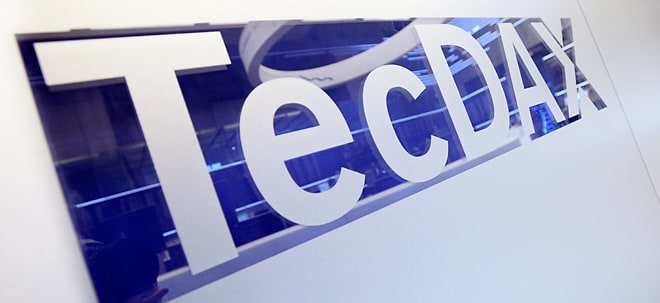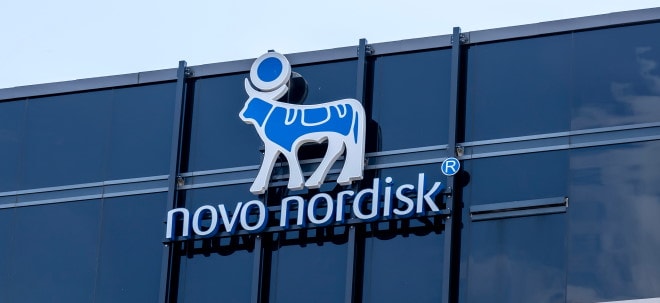SHANGHAI, CHINA, Jan. 20, 2005 (MARKET WIRE via COMTEX) --
The Hartcourt Companies, Inc. (OTC BB: HRCT) (Frankfurt: 900009) ("Hartcourt" or the
"Company") today announced that it has signed a memorandum of understanding to
enter into a strategic alliance with Shenzhen Capital Group Co, Ltd., one of the
largest investment holding companies in China. Shenzhen Capital has invested
more than 3 billion RMB in Chinese companies in the high-growth segments of the
Chinese high tech market. Hartcourt management believes that the strategic
alliance will be a win-win arrangement for the two companies. Pursuant to the
strategic alliance, Hartcourt hopes to accelerate its growth in China by gaining
access to Shenzhen Capital's extensive investment network, which includes many
investments in high-growth Chinese IT companies. Shenzhen Capital's IT company
holdings would in turn benefit from Hartcourt's access to US and German capital
markets. In addition, both companies plan to work closely together in the areas
of investment financing, management and human resources development.
As part of its strategy to shift its operations to high-profit, high-growth
segments of the Chinese IT market, Hartcourt also intends to divest its
operations in low-value, low-margin segments of the market. In line with this
strategy, Hartcourt's Board of Directors has authorized the sale of its
Do-It-Yourself (DIY) business back to the original owners. China's computer DIY
market, in which retail stores assemble desktop computers immediately upon
customer request, experienced a significant downturn in the fourth quarter of
2004. The price level for low-end branded desktop computers in China declined to
that of non-branded DIY desktops, taking a substantial share of the market away
from existing DIY business. Meanwhile, the pricing for notebook computers
continued to erode significantly, leading to notebook computers becoming an
attractive alternative to desktop computers. These factors have caused a rapid
decline in market share of the entire DIY segment. Hartcourt's DIY business has
recently suffered sales decline and substantial margin erosion in line with the
rest of industry. Hartcourt currently has a 50.5% equity interest in a leading
DIY chain store in Shanghai, for which it paid a substantial premium above the
market value in 2003 in order to gain entry into the business. A final agreement
is expected to be reached in the first quarter of 2005. Hartcourt will likely
suffer a loss upon the sale of its ownership interest.
Hartcourt acquired a 51% equity interest in Challenger, a second-tier
distributor of IBM products, at the end of 2003. Most of the consideration paid
by Hartcourt for this acquisition consisted of shares of Hartcourt common stock.
Due to a decline in its share price over the past year, Hartcourt has had to
issue an additional 22 million shares to the minority owners of Challenger in
order to maintain its 51% equity interest pursuant to the terms of the original
purchase agreement. While Hartcourt's IBM distribution business had steady
growth in revenue in 2004, the minority owner/manager of the business has
refused to upgrade Challenger's accounting system and has declined to develop an
end-user customer base, which Hartcourt believes has rendered the business
vulnerable to competition from first-tier and third-tier distributors. In
addition, Challenger has been negatively impacted by IBM's decision during 2004
to flatten its distribution channel in China. With the sale of IBM's worldwide
PC business to Lenovo, and in view of the existing efficient and effective
Lenovo distribution network in China, Hartcourt believes that Challenger's value
in the supply chain could rapidly diminish in the near term. Hartcourt's Board
of Directors has concluded that the business will likely not be able to generate
a favorable return on Hartcourt's investment and has authorized the disposition
of the Company's interest in Challenger. Negotiations are underway with the
original owners of the company to dissolve the current investment arrangement.
China's IT sales are forecasted to reach US$32 billion in 2005 and are expected
to continue to grow at a compound annual rate of 15% through 2008, according to
a report by IDC. Hartcourt believes that its strategy of focusing on
high-profit, high-growth IT businesses will allow it to benefit from this
exciting growth opportunity and help bring China's future growth into the
present. The key to the Company's success, however, will be in positioning
itself to participate in profitable and growth-oriented segments of the Chinese
IT industry. To this end, Hartcourt believes that it is imperative that the
Company make the transition now to a high-profit and high-growth-oriented
portfolio of IT businesses. While the Company may experience short-term
financial performance setbacks, Hartcourt believes that its strategy of focusing
on higher margin segments of the Chinese IT market will lead to a significant
improvement on the return on investment for its shareholders.
Gruß,
Brummbär |


 Thread abonnieren
Thread abonnieren

